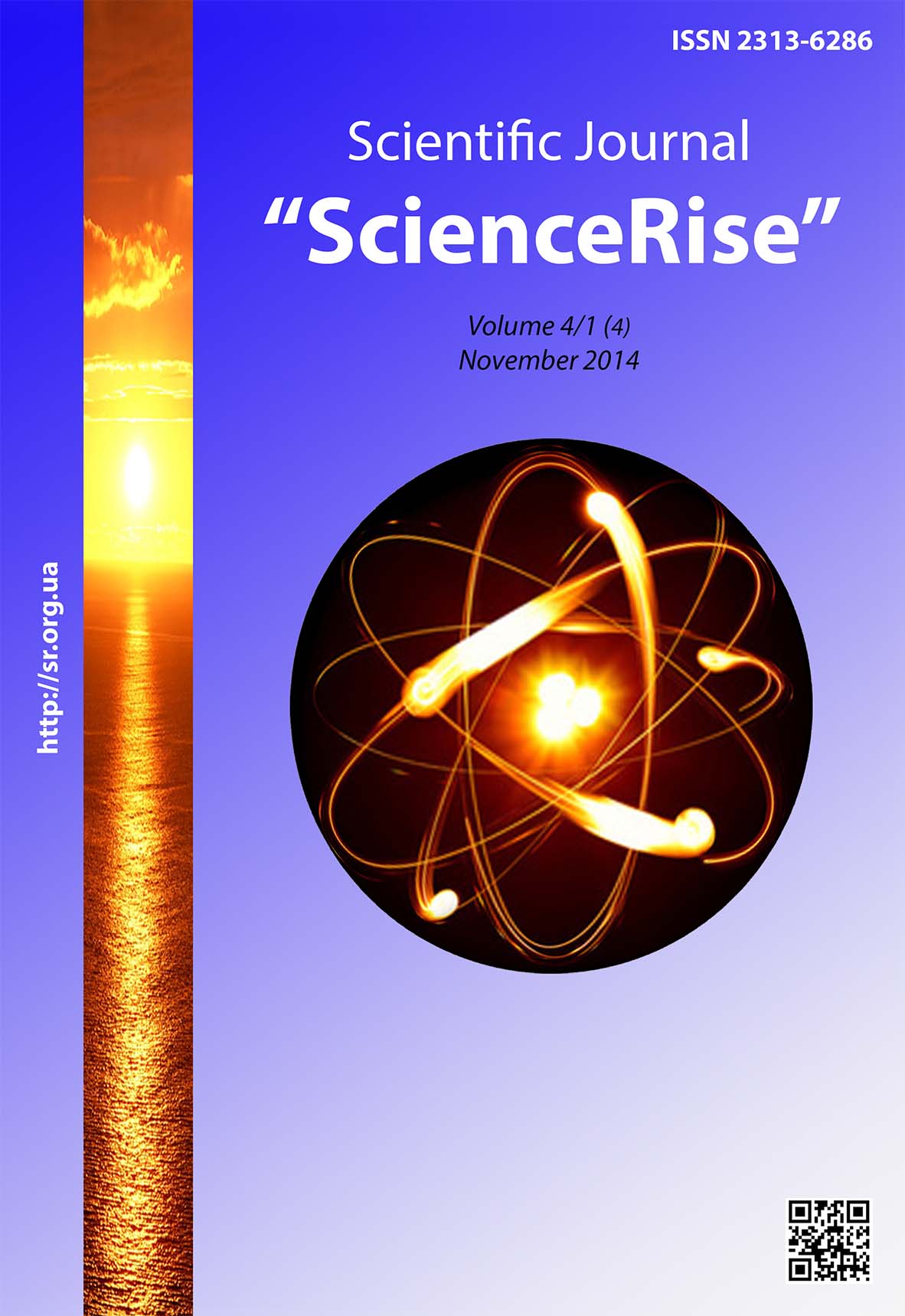The training of prospective teachers to subject-subjective interaction with pupils
DOI:
https://doi.org/10.15587/2313-8416.2014.28821Keywords:
subject, interaction, environment, prospective teachers, training system, humanization, training meaningsAbstract
This article describes a theoretical grounding for prospective teacher training system to subject-subjective interaction with pupils. The system is based on the next principles: humanization of education and professional environment, free trajectory evolution choice, relationship of fields of activity, cultural correspondence, value attitude to collaboration and cooperation of subjects in all fields of activity. The process of teacher training consists of four stages.
References
1. Mills, G. E. (2007). Action research: A guide for the teacher researcher. Third edition. Upper Saddle River, N. J: Pearson Merrill Prentice Hall, 264.
2. Kagan, S. (1999). Cooperative Learning. Resources for Teachers, Inc., 246.
3. Clark, H. H., Bly, B. (1995). Pragmatic and discourse // Speech, language and communication. San Diego : Academic Press, 410.
4. Hura, O. I. (2006). Psykholoho-pedahohichna kompetentnist’ vykladacha vyshchoho navchal’noho zakladu: teoretyko-metodolohichnyy aspekt : monohrafiya. Zaporizhzhya : HU "ZIDMU", 332.
5. Aksenova, H. Y. (1998). Formyrovanye sub’ektnoy pozytsyy uchytelya v protsesse professyonal’noy podhotovky. Moscow, 411.
6. Cherkasova, O. V. (2005). Humanystycheskye shkoly KHKH veka. Samara : Yzd-vo "Samarskyy unyversytet", 231.
7. Zakyrova, A. F. (2001). Teoretyko-metodolohycheskye osnovy y praktyka pedahohycheskoy hermenevtyky. Tyumen, 317.
8. Bakhtyn, M. M. (1988). Éstetyka slovesnoho tvorchestva. Moscow: Yskusstvo, 350–351.
9. Korol, A. D. (2009). Dyaloh v obrazovanyy: évrystycheskyy aspekt. Moscow: TSDO «Éydos», Yvanovo : Yzdatel’skyy tsentr «Yunona», 260.
Downloads
Published
Issue
Section
License
Copyright (c) 2014 Олена Олегівна Ліннік

This work is licensed under a Creative Commons Attribution 4.0 International License.
Our journal abides by the Creative Commons CC BY copyright rights and permissions for open access journals.
Authors, who are published in this journal, agree to the following conditions:
1. The authors reserve the right to authorship of the work and pass the first publication right of this work to the journal under the terms of a Creative Commons CC BY, which allows others to freely distribute the published research with the obligatory reference to the authors of the original work and the first publication of the work in this journal.
2. The authors have the right to conclude separate supplement agreements that relate to non-exclusive work distribution in the form in which it has been published by the journal (for example, to upload the work to the online storage of the journal or publish it as part of a monograph), provided that the reference to the first publication of the work in this journal is included.

